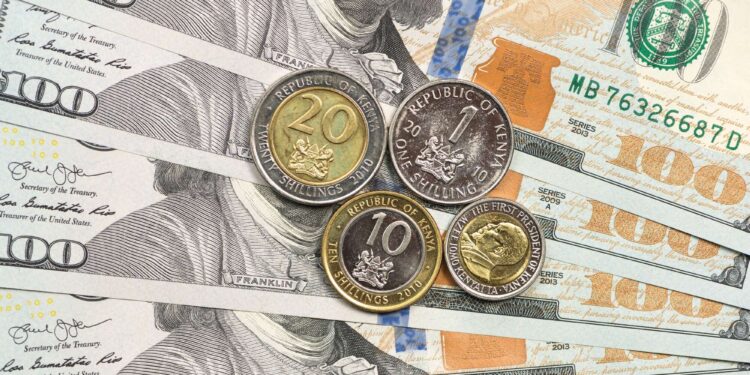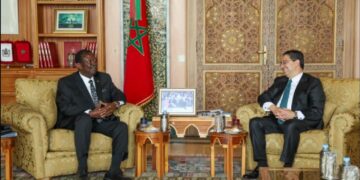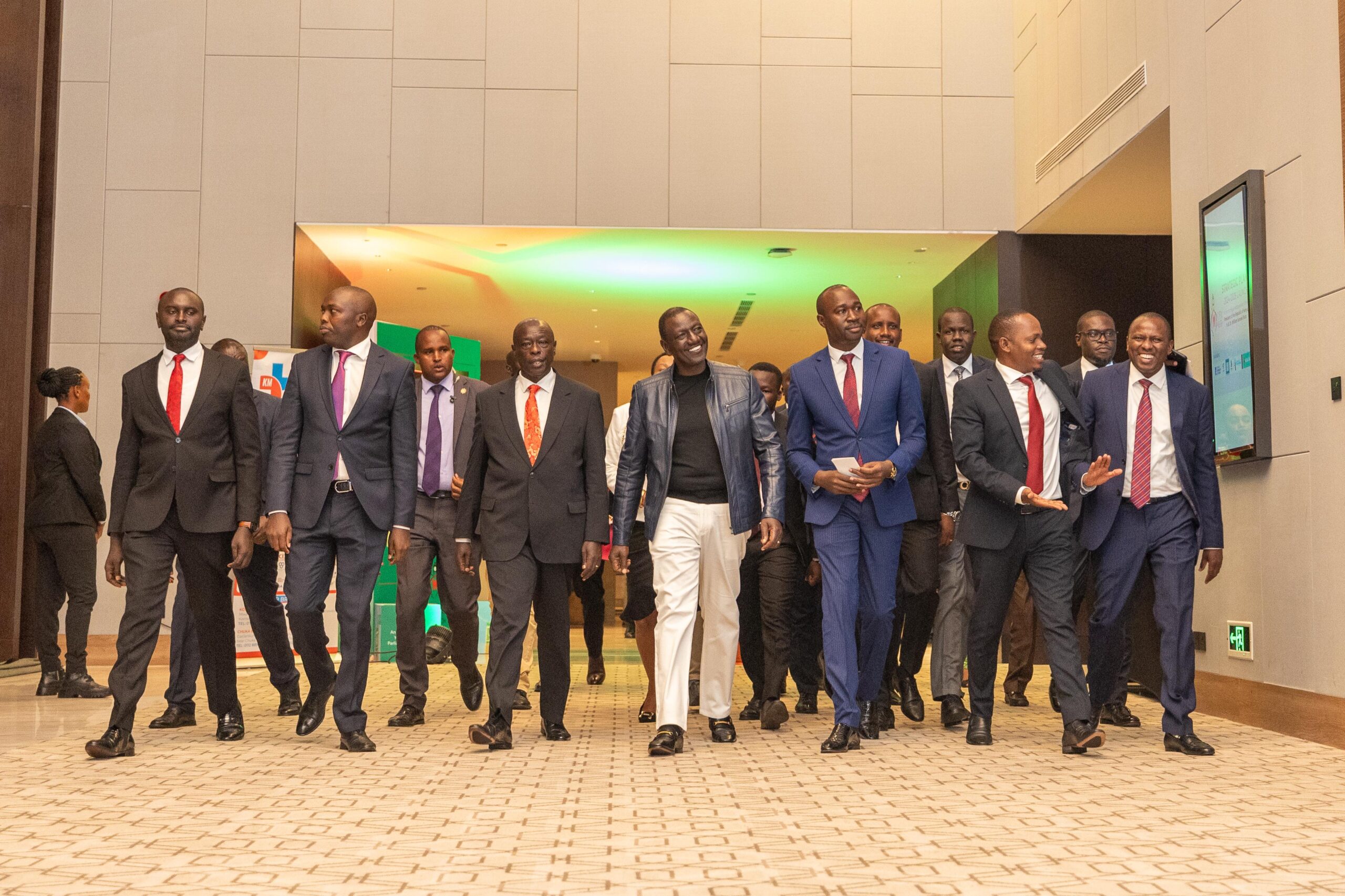Kenya’s economy continues to show remarkable strength and resilience, even as it faces significant internal and external pressures. According to the latest update from the World Bank, the country’s economic fundamentals remain sound, driven by structural reforms, political stability, and a renewed commitment to inclusive development. Treasury Cabinet Secretary John Mbadi acknowledged that while Kenya’s economy has endured strains from legacy loans and mounting public debt, the Kenya Kwanza administration is confident it will steer the country through its current challenges, stabilize the fiscal landscape, and return to a path of sustainable prosperity in the shortest time possible.
Over the past decade, Kenya has made substantial progress in political and economic reforms. These efforts have contributed to a period of steady economic growth, enhanced social development, and improved governance structures. However, the country is still grappling with key development challenges, including widespread poverty, high levels of inequality, youth unemployment, a shortage of quality jobs, and lingering issues which the current administration is keen on addressing through various deliberate programmes. The private sector remains subdued, largely due to limited access to capital and high business costs, and the economy is increasingly vulnerable to shocks such as climate change, political unrest, and global economic disruptions.
Prior to the COVID-19 pandemic, much of Kenya’s economic expansion was fueled by significant public sector borrowing, which enabled large-scale infrastructure projects and service improvements. However, this borrowing spree also led to elevated debt levels, reducing fiscal space and crowding out private investment. As part of its economic recovery plan, the government has committed to fiscal consolidation to reduce debt burdens and restore macroeconomic stability. Still, weak revenue performance has made it difficult to meet fiscal targets, further complicating efforts to achieve long-term sustainability.
Despite these challenges, Kenya’s economy has remained surprisingly resilient in the face of recent shocks. The year 2024 saw the country dealing with a severe liquidity crunch, persistent inflationary pressures, subdued business sentiment following mid-year protests, and reduced government spending due to fiscal tightening. These factors contributed to a slowdown in GDP growth, which fell to an estimated 4.5% in 2024, down from a 5.6% rebound in 2023. Looking ahead, however, the World Bank projects growth to average 4.9% between 2025 and 2027, supported by easing inflation, accommodative monetary policies, and improved access to credit for households and businesses. These developments are expected to revive private consumption and stimulate investment.
Nevertheless, the pace of poverty reduction remains slow. At the international poverty line of $2.15 per day (in 2017 purchasing power parity), the national poverty rate is projected to decline only marginally to 34% by 2025. This points to a critical need for growth that more directly benefits the poor. To achieve inclusive and sustainable growth, Kenya must undertake deeper structural reforms aimed at improving the productivity of the private sector, expanding access to education and skills development, increasing access to financing, and boosting households’ resilience to climate-related shocks.
The broader economic outlook for Kenya remains cautiously optimistic but is subject to elevated uncertainty. Failure to meet fiscal consolidation targets could heighten debt vulnerability, with high debt service repayments consuming a large share of public resources. Fiscal slippages would not only threaten debt sustainability but could also crowd out private investment and hamper growth. Additionally, adverse climate events could reignite inflationary pressures and exacerbate food insecurity, while weaker-than-expected growth in developed economies could reduce demand for Kenyan exports, limit remittances, and hinder the recovery of the tourism sector. Global geopolitical tensions and persistently high commodity prices may further tighten financial conditions and destabilize Kenya’s external balances.
To address these challenges, the World Bank continues to provide financial and technical support to Kenya, including budget assistance to help close fiscal financing gaps. These efforts are aligned with the government’s long-term Vision 2030 agenda, which aims to transform Kenya into a middle-income, globally competitive nation. Complementing this is the Kenya Kwanza government’s bottom-up economic transformation model, which focuses on empowering grassroots sectors such as agriculture, healthcare, affordable housing, micro and small enterprises, and the digital and creative economy.
In conclusion, Kenya’s economy has shown considerable resilience, and with the right mix of policy discipline, structural reforms, and targeted investment in key sectors, it is well-positioned to navigate current difficulties and achieve long-term prosperity. However, realizing this potential will require a strong commitment to inclusive growth, greater transparency, and a strategic focus on addressing the root causes of poverty and inequality.
Source: World Bank (Last Updated: Apr 01, 2025)










